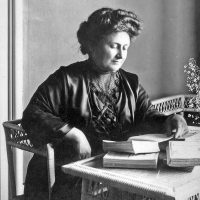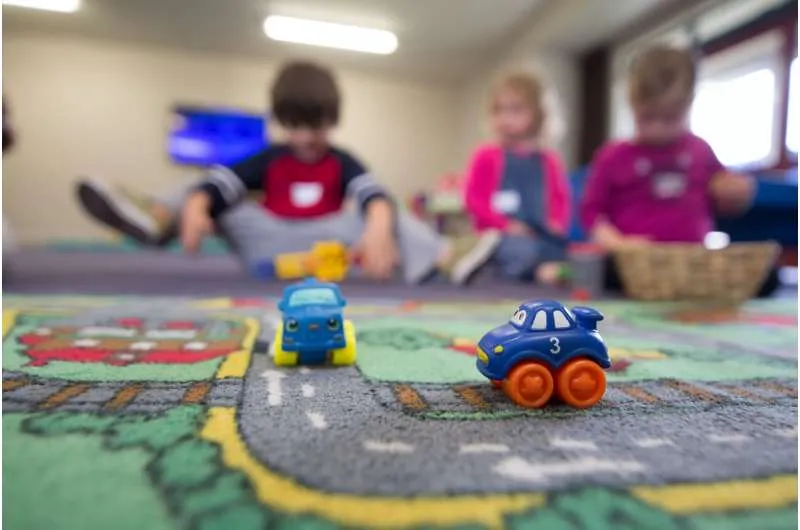Welcome to Treehouse Montessori Child Development Center
Treehouse Montessori Child Development Center provides an integrated curriculum of learning through exploration, peer learning and self-reflection. In every class, our teachers emphasize the strategies and processes involved in learning and self-growth, creating a unique opportunity to prepare our students to live intelligent, thoughtful, and fulfilling lives. Our program is based on the method formulated by the Italian physician, scientist and philosopher Dr. Maria Montessori, born in 1870. She initially developed a method to work with children who had special needs focusing attention. Her methodology was soon realized to benefit all children and spread internationally.
In today’s rapidly changing society, with the multitude of distractions,stress and over-stimulation, the Montessori method is pivotal to create mindfulness, focus and attention. The primary principles of her method are observation, individual liberty and preparation of the environment. “The potential of the child is not just mental, but is revealed only when the complete “Montessori method” is understood and followed. The child’s choice, practical work, care of others and the environment, and above all the high levels of concentration reached when work is respected and not interrupted, reveal a human being that is superior not only academically, but emotionally and spiritually. A child who cares deeply about other people and the world, and who works to discover a unique and individual way to contribute. This is the essence of real “Montessori” work today”.








